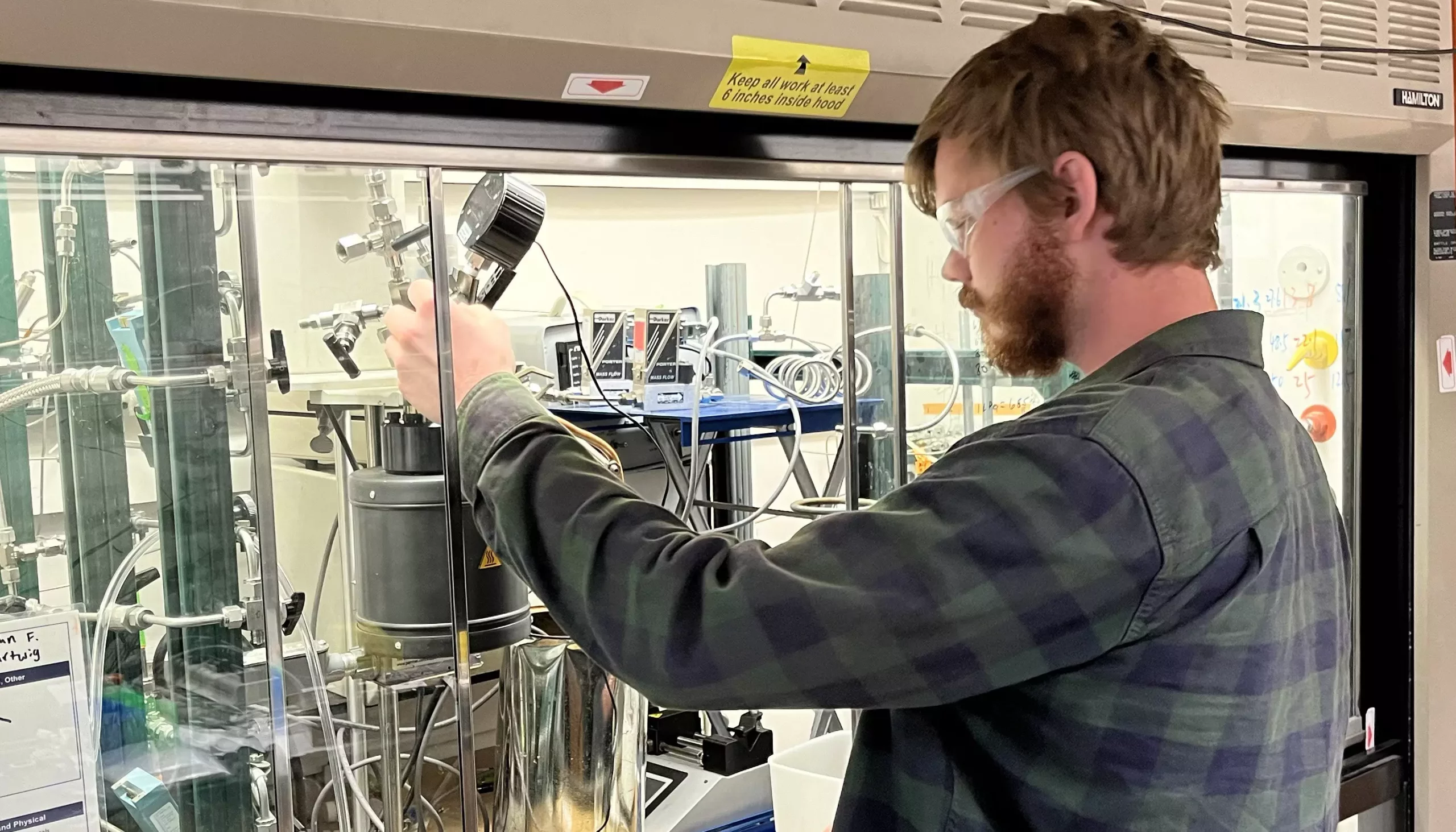As the world grapples with an ever-increasing plastic waste crisis, innovative solutions are essential to mitigate environmental degradation. Plastics, particularly polyethylene (used in everyday items such as plastic bags) and polypropylene (found in hard plastics like containers and luggage), dominate the global waste stream, comprising approximately two-thirds of post-consumer plastic waste worldwide. Unfortunately, a staggering 80% of this waste either ends up in landfills, gets incinerated, or is discarded carelessly, often contributing to the pervasive issue of microplastics polluting oceans and ecosystems. Traditional recycling methods yield low-value products and fail to convert plastics back into their original valuable forms, creating a pressing need for advanced methods to rejuvenate this material.
In response to this challenge, a team of researchers at the University of California, Berkeley proposes a disruptive catalytic process capable of breaking down polyethylene and polypropylene into monomers—the building blocks of new plastics. Led by Professor John Hartwig, the research team has unveiled a groundbreaking chemical methodology that stands to revolutionize how we treat plastic waste. By effectively vaporizing plastics and recuperating their molecules through innovative catalysis, the approach aims to establish a circular economy for these commonly discarded materials.
With this new process, the researchers have addressed a significant limitation of existing recycling techniques. Many plastics, unlike polyethylene terephthalate (PET), lack inherent vulnerabilities, such as carbon-oxygen bonds, that would make them easier to deconstruct. The novel methodology developed by Hartwig and his team leverages custom-designed catalysts, enabling them to cleave robust carbon-carbon bonds that characterize polyethylene and polypropylene. This capability marks a significant advancement in recycling technology, allowing for greater efficiency in converting waste back into useful materials.
Two years prior, Hartwig’s research group introduced a pioneering technique that converted polyethylene into propylene monomers using a sophisticated combination of heavy metal catalysts. However, the soluble metal catalysts were difficult to recover and reuse, limiting their industrial applicability. In the latest development, the researchers replaced these costly and transient catalysts with cheaper alternatives commonly employed in the chemical industry, enhancing scalability and practical use in processing large volumes of waste.
For instance, experimental results revealed that co-catalysts such as sodium on alumina and tungsten oxide on silica yielded propylene and isobutylene with remarkable efficiency—approaching 90%. Such success not only signifies a triumph in catalyst design but also demonstrates the potential for the new process to be scaled up for commercial applications. By streamlining the deconstruction of polyolefin polymers while maintaining environmental sustainability, UC Berkeley’s research team is poised to make a critical contribution to reducing plastic waste.
A significant advantage of this catalytic approach is its incorporation of continuous flow processing, which enables the efficient handling of more substantial quantities of plastic waste materials. As the catalysts are reused continually within this framework, the costs associated with recycling operations are diminished, making the entire process more economically viable. This efficiency aligns with the growing demand for sustainable practices within the chemical industry—a sector that is essential yet heavily reliant on fossil fuels for producing new plastics.
Conk, a graduate student working alongside Hartwig, emphasized the importance of this innovative processing method, underscoring not only the technique’s potential to create valuable materials but also its role in addressing the plastic waste crisis. By facilitating the transformation of discarded plastics into high-demand hydrocarbons, the process encourages the shift towards a more sustainable, circular polymer economy.
While the initial findings are promising, the ultimate goal of this research extends beyond laboratory success; it emphasizes the need for commercial implementation. Hartwig acknowledges that although there is a compelling argument for redesigning plastics for easier recycling, the prevailing use of polyolefins—characterized by their affordability and desirable properties—demands a pragmatic approach, given that existing recycling methods are also unlikely to be entirely eliminated soon.
Ultimately, the vision of building commercial facilities capable of effectively transforming the existing plastic waste stream into valuable monomers gives hope for a more sustainable future. The findings from this study herald a turning point, demonstrating that with continued research and development, a transition toward a circular economy for discarded plastics is not only desirable but also achievable.
UC Berkeley’s innovative catalytic process promises to reshape the future of plastic waste management, transforming pollution into possibilities and providing a sustainable answer to one of the most pressing environmental challenges of our time. As the world moves towards more eco-friendly practices, the work of these researchers shines a light on a transformative path forward.

